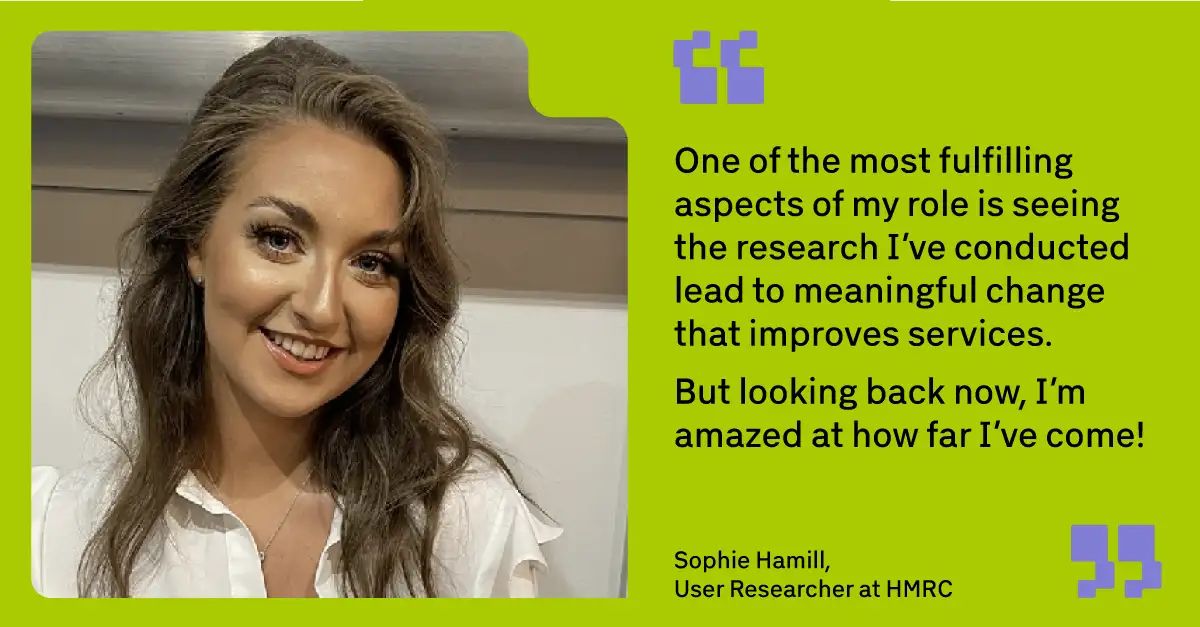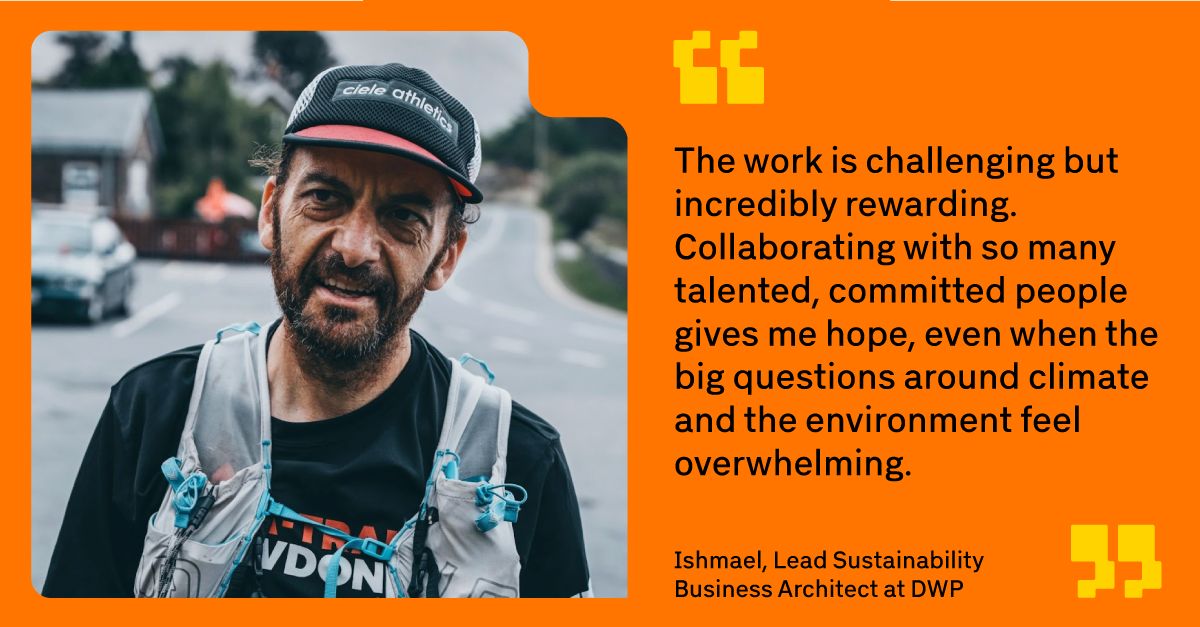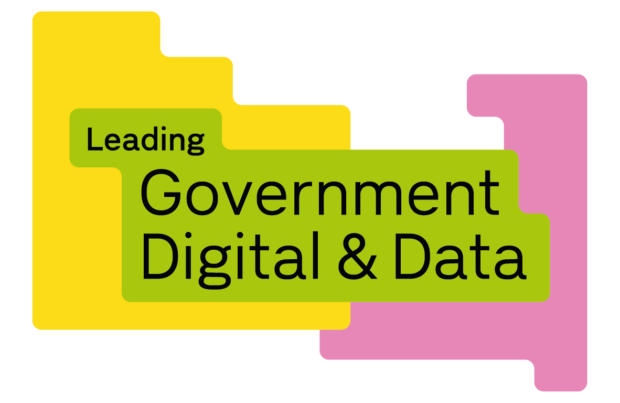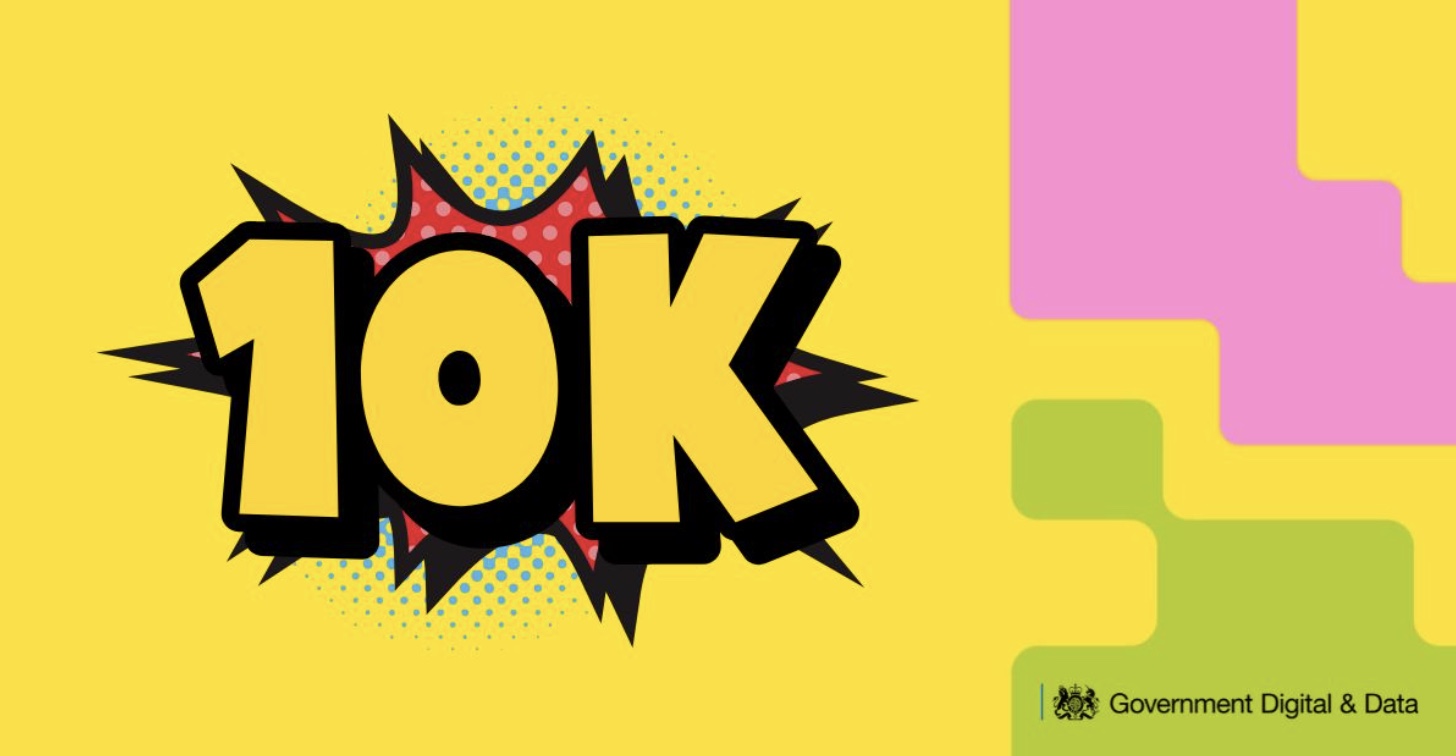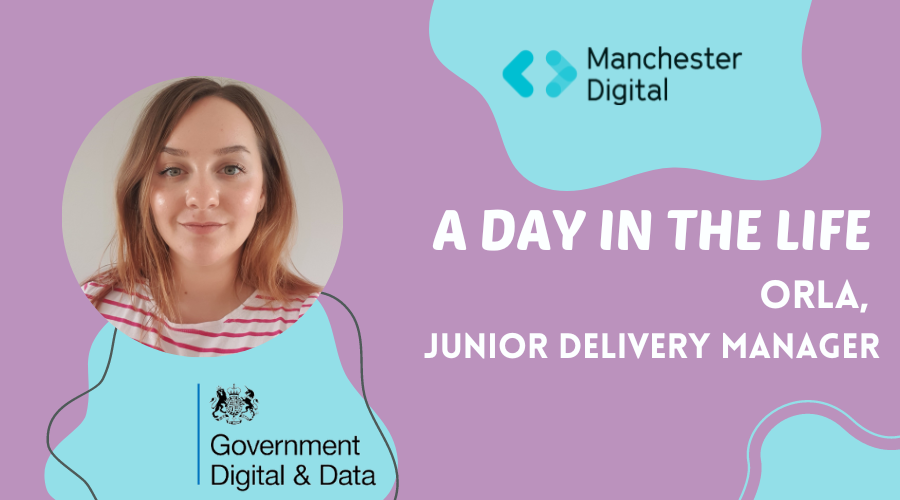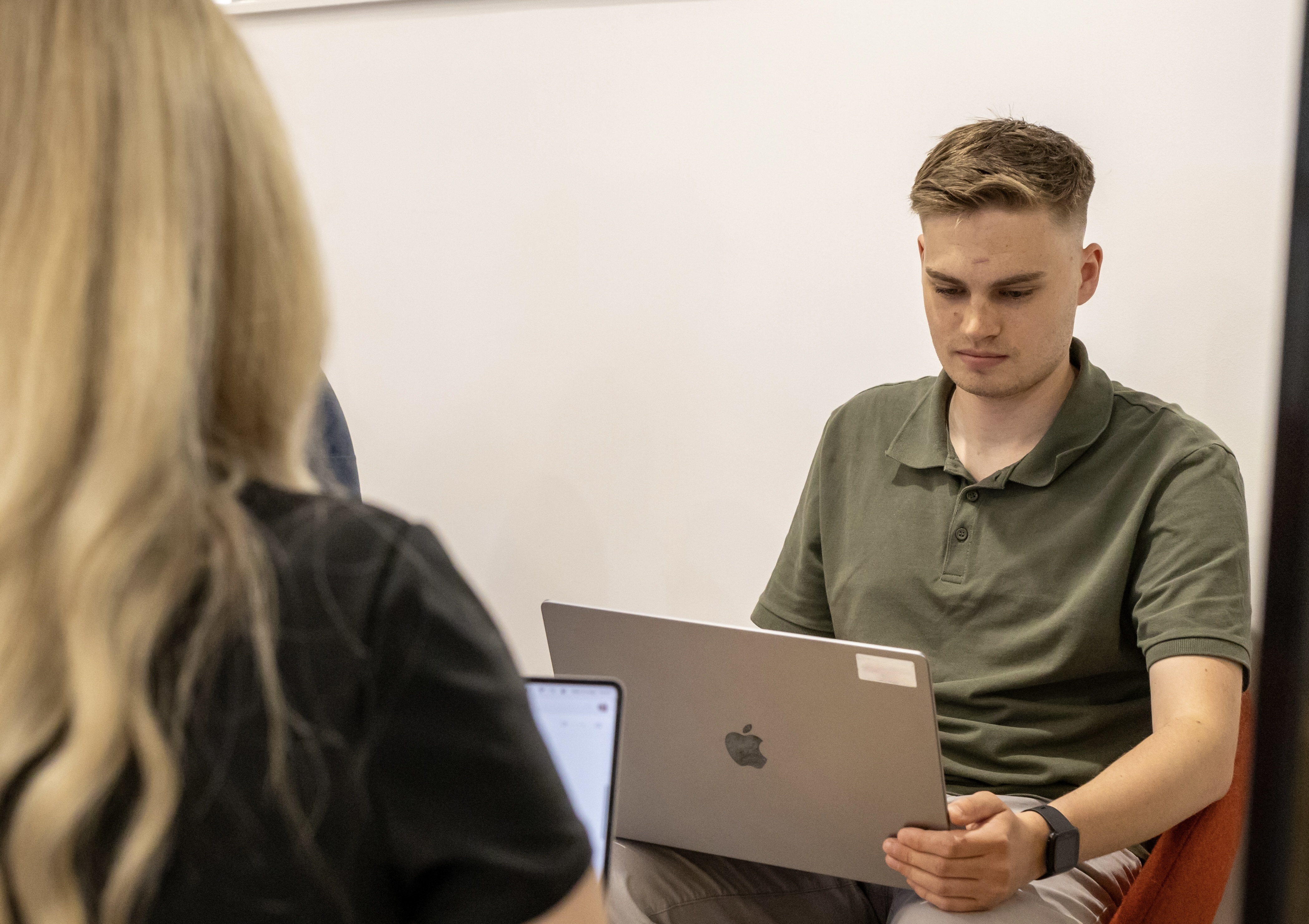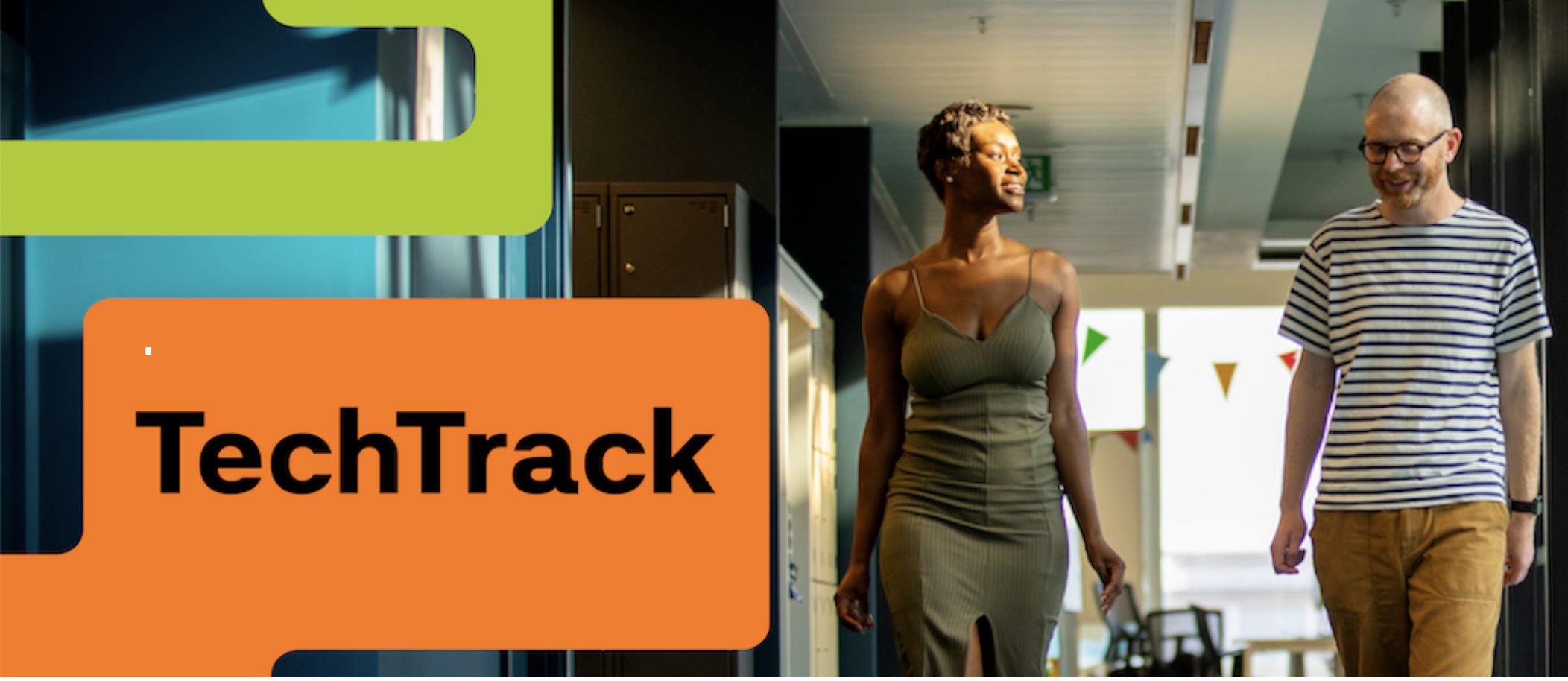User Researcher Cabinet Office-SEO
Government Digital & Data -
User Researcher
Cabinet Office
Apply before 11:55 pm on Sunday 16th June 2024
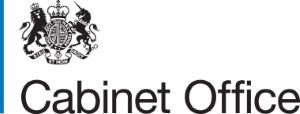
Details
Reference number
354324
Salary
£40,850 - £44,260
As this is a specialist digital role we are able to pay an allowance where applicable https://intranet.cabinetoffice.gov.uk/task/digital-data-and-technology-ddat-delegated-pay/digital-data-and-technology-ddat-delegated-pay-policy/. Offers above the band minimum are subject to our assessment of your skills and experience as demonstrated at interview. Salaries over the band minimum will be paid as a non-pensionable allowance.
A Civil Service Pension with an average employer contribution of 27%
Job grade
Senior Executive Officer
Contract type
Permanent
Business area
CO - Government People Group (GPG)
Type of role
Digital
Information Technology
Social Research
Working pattern
Flexible working, Full-time, Job share, Part-time
Number of jobs available
1
Contents
Location
Bristol, South West England, BS2 0PS : Glasgow, Scotland, G2 8HS : Manchester, North West England, M2 3AA : Newcastle upon Tyne, North East England, NE98 1ZZ : York, Yorkshire and the Humber, YO1 7PX
About the job
Job summary
User Researchers are a key part of teams that design and deliver services. They help their teams develop a deep understanding of the people - citizens, businesses or government colleagues - who use a service. Their findings allow their teams to design and build better services more quickly and at lower cost and risk. And to continuously improve services, based on data and evidence.
Our User Researchers in Government People Group are continuously shaping services used by over 450,000 civil servants, including recruitment, learning and pensions. These user researcher positions will join an ambitious programme improving how people and data move around the Civil Service so that we deploy the right people where we need them most.
The Government People Group exists to work with departments, professions, and functions to build a modern, effective Civil Service.
We support the government workforce with the right skills and capability. We are working with leaders to get the right people in the right jobs, with the right skills and continuous learning to excel in their roles.
We provide leadership, and in turn, create leaders with exceptional line management capability across departments, influencing partners in the wider public sector and beyond. This involves getting our retention and reward strategy right, to nurture specific skills, and create pride and resilience in our workforce.
Our role is also to provide system leadership across central government in pulling together back office services. Collectively, we help support the Cabinet Office’s priority to drive efficiencies, and reforms that will make government work better, to ultimately provide a better service to the public.
Job description
We are the centre of expertise working across departments to make it easier for civil servants to use platforms for HR, finance and payroll. We recently launched the new Shared Services Strategy for Government, which will deliver services that are better value, and cut through processes that cost time and money. Our overarching objectives are:
1) Meeting end-user needs, promoting excellence and convenience for both staff and managers.
2) Delivering value and efficiency, including by separating technology from Service Centres, and including all transactional services.
3) Convergence around processes and data, including the consolidation and modernisation of technology platforms, while maintaining choice for departments.
Through this strategy, our ambition is to free up civil servants to focus on what they do best: engaging with and delivering for citizens.
What you will be working on:
You will be joining the ‘Interoperability OneData’ programme which envisions a more flexible, efficient and effective Civil Service using technology to enable civil servants and data to move more easily across departmental boundaries. Each strand is designed to achieve a major improvement to how the Civil Service operates enabling us to better serve the public. The programme has 4 main strands:
- Government Skills Campus - creating the capability to analyse and use workforce data (such as skills, experience and knowledge) across Civil Service departments, professions and functions. This will enable improved workforce planning, resource deployment, capability building interventions, and business services.
- Staff transfers / movers - improving how civil servants move between roles. This will involve simplifying, streamlining and automating processes for moving civil servants around government, so that we have the right people where we need them quickly.
- Central Employee Identifier - creating a unique identifier linked to each civil servant throughout their career which is used when interacting with business services (e.g. HR and finance). This will enable more personalised and integrated services that cross departmental boundaries.
- Integration Hub - introducing common tools, standards and platforms to enable seamless integration between business services to reduce the burden on users and reduce costs.
It’s likely that you’ll mainly be focused on the Staff transfers strand. You will be joining us as we transition through the pilot and Beta phases. You’ll also work with our wider portfolio of digital services covering recruitment, learning and business services.
Person specification
As a User Researcher you will:
- plan, design and prepare a range of user research activities to support the design, development and continuous improvement of government services. This will include choosing the right variety of research approaches (such as surveys, usability interviews, card sorting, guerrilla research etc.)
- carry out user research activities from recruiting participants, preparing discussion guides and moderating research sessions
- lead colleagues to analyse research data and synthesise clear and actionable findings, including working closely with analytics colleagues to create a rich picture of user behaviour
- communicate user research findings to help the team and wider organisation develop a deep understanding of users and their needs - including presentations at show and tells, designing and maintaining research outputs on the team wall, creating formal reports
- work closely with product managers, designers and developers to turn user research findings into stories and actions that lead to valuable product and service features
- contribute to the wider user research community - including presenting at meetups and writing blog posts.
Essential criteria:
- Research skills - You understand and have experience of a range of user research methods. You know when to use those methods and how to apply them correctly. You know how to involve your team in research activities.
- Inclusive research - You understand the diversity of users of government services and the need to make services usable and accessible for everyone. You can work with colleagues to include many kinds of users in appropriate research activities.
- Analysis and synthesis - You understand how to apply basic techniques for the analysis of research data and synthesis of findings. You know how to involve your team in analysis and synthesis. You can present clear findings that colleagues can understand and use.
- Society and technology - You can align user research activities to help your team understand changing user behaviour.
- Strategic insight - You understand what problem teams are trying to solve. You can align user research activities to inform decision making and action.
- User-centred and agile practices - You understand and have experience of a range of user-centred practices. You know how to work with colleagues to plan and do continuous user research in a multidisciplinary team.
These roles are aligned to the Digital, Data and Technology (DDaT) Capability Framework for the Civil Service. You can view the User Researcher role at https://www.gov.uk/guidance/user-researcher
Additional information:
A minimum 60% of your working time should be spent at your principal workplace. Although requirements to attend other locations for official business will also count towards this level of attendance.
Behaviours
We'll assess you against these behaviours during the selection process:
- Changing and Improving
- Communicating and Influencing
- Managing a Quality Service
Technical skills
We'll assess you against these technical skills during the selection process:
- Research skills
- Analysis and synthesis
- User-centred and agile practices
Things you need to know
Selection process details
This vacancy is using Success Profiles (opens in a new window), and will assess your Behaviours, Experience and Technical skills.
Stage 1 - Application & Sift
To apply for this post, you will need to complete the online application process which includes providing the following:
- A CV setting out your career history, with key responsibilities and achievements. You will add your information into a structured form rather than attaching a document.
- A Personal Statement explaining how your skills and experience are relevant to the role. This should include examples showing how you have completed similar responsibilities and activities. You should focus on the essential criteria listed in the responsibilities section of the advert. The statement is limited to no longer than 1,000 words.
- Three 250-word statements on the Technical skills listed in this advert
Should a large number of applications be received, an initial sift may be conducted using the CV. Candidates who pass the initial sift may be progressed to a full sift, or progressed straight to assessment/interview.
Selection process
Stage 2 - Video Interview
Unless you are otherwise informed, the final stage of the process will be a video interview via Google Meet where you will be assessed against the Behaviours and Technical Skills. There may be a short exercise allowing you to demonstrate your skills and experience. More details will be provided for applicants invited to interview.
Expected timeline (subject to change)
Expected sift date/s – tbc
Expected interview date/s – tbc
Interview location - Online
